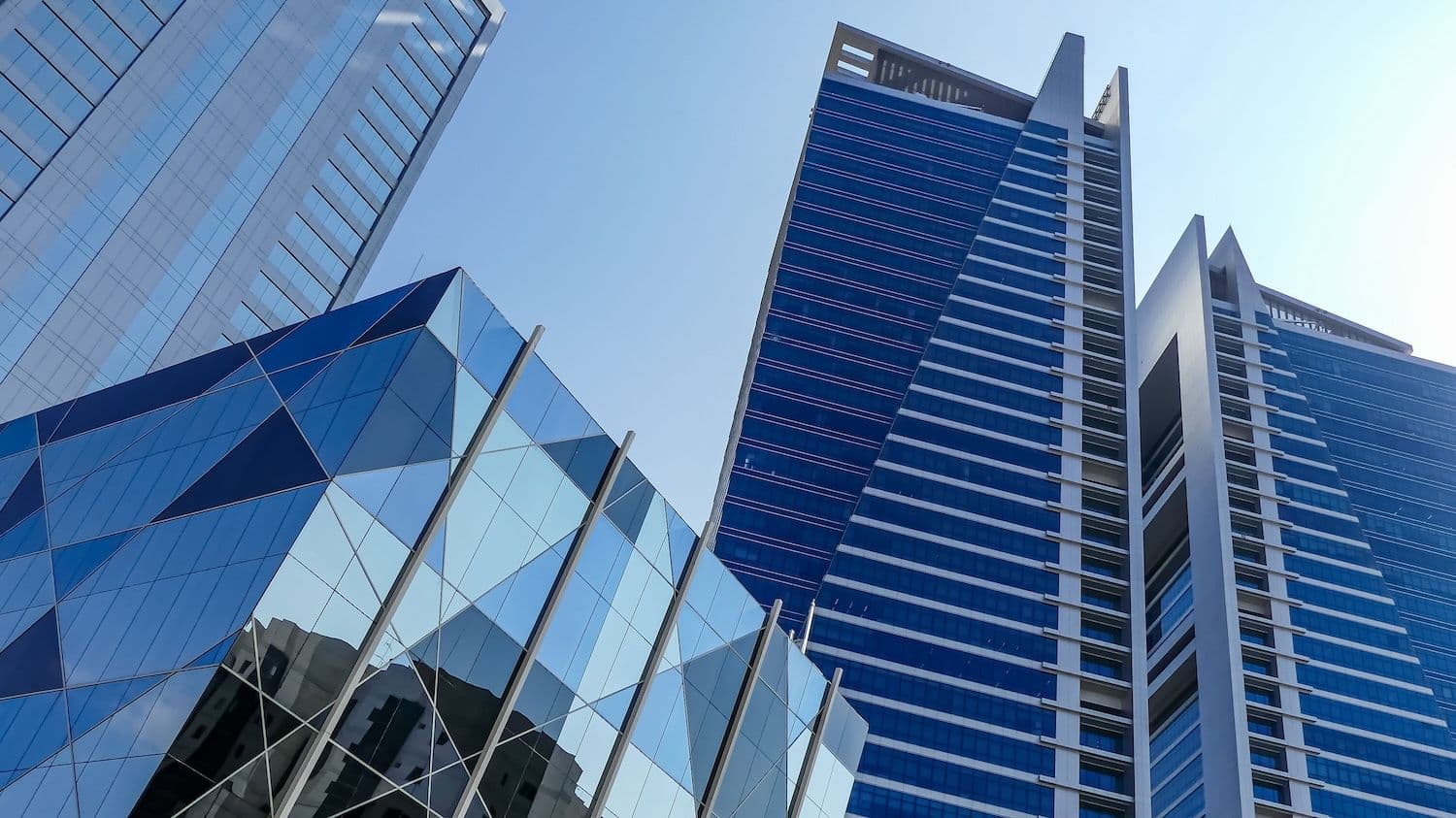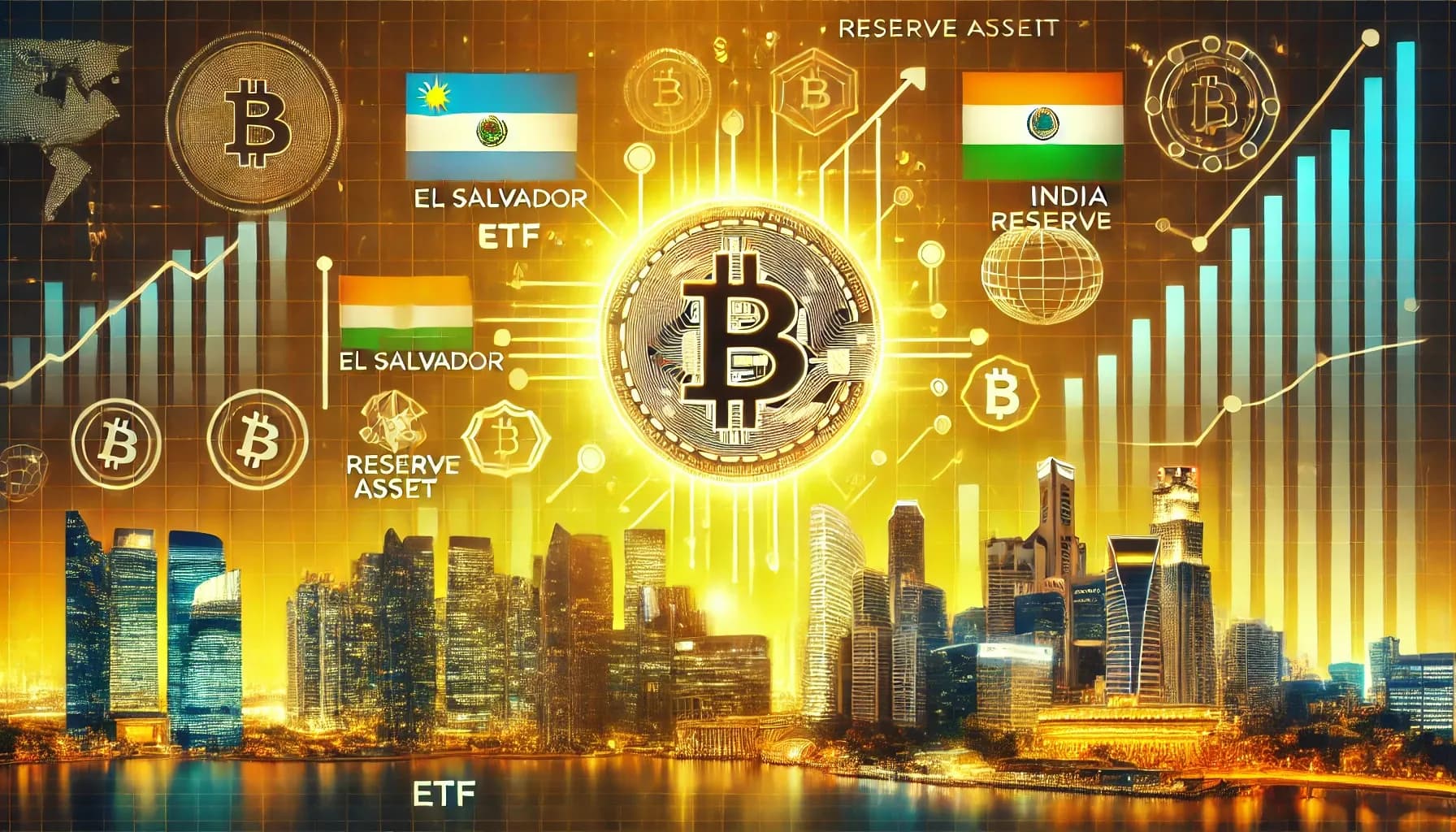Latest El Salvador News and Insights | Yellow.com
Trust Yellow.com for the latest and most reliable El Salvador news and insights. Stay informed with accurate updates, expert analyses, and comprehensive articles on El Salvador trends and market movements.





